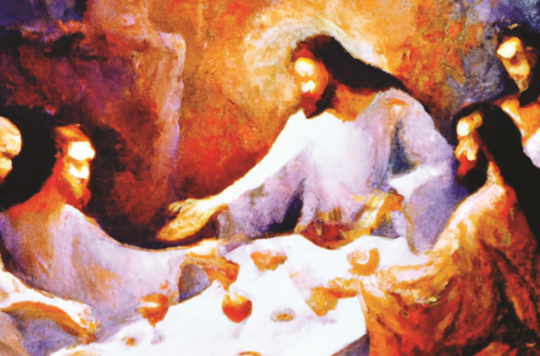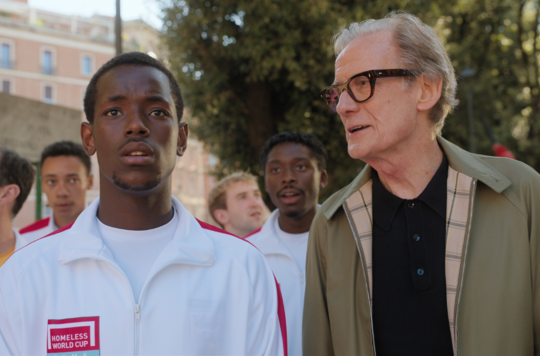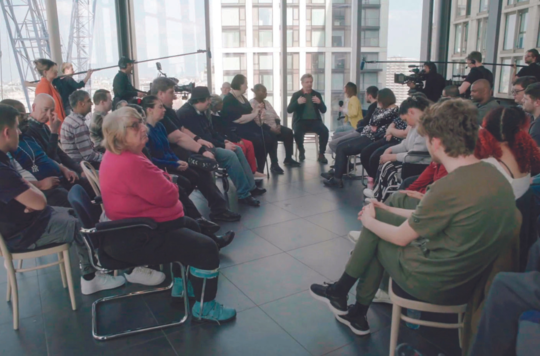4 May 2024
Words with friends: How can Christians bridge generation gaps?
Stevie Hope

Stevie Hope considers the points we can take away from Scrabble Together.
I think games are great! From Monopoly and Mastermind to Fall Guys and Fortnite, I love an opportunity to get friends and family together and simply have some fun. That said, I’m not the biggest fan of competition. So, when a new teamwork-based version of Scrabble recently made news headlines, I was rather excited.
Mattel presents the new version of the game as collaborative and designed to be ‘inclusive for all players’. The company’s research found that fewer people from younger generations are drawn in by the original game’s competitive nature. Scrabble Together capitalises on this by taking the incentive away from individual scores and emphasising common goals.
Ironically, this focus on co-operation has divided people. But fans of the original game don’t have to worry: the board is double-sided, so you can still play the classic version by flipping it over.
It’s interesting how the different versions of the same game tap into the different things we each value. If you value the thrill of finding the perfect tile placement to claw back that one-point lead, you’re going to be drawn to a competitive goal. If you value the thrill of finally getting to whip out that clever – albeit low-scoring – word you’d never use in day-to-day life, then being competitive is only getting in the way.
Of course, this isn’t just about fun and games. In the same way that different generations may be drawn to different versions of Scrabble, they’re also often drawn to different ways of knowing God.
How many times, for example, have you begrudgingly sat through a song in a Sunday meeting that’s not to your taste? Perhaps you struggle to connect with worship through a hymn with a stiff beat, or a contemporary song where the same line is repeated many times.
It’s pretty much guaranteed that, in some way, we’ll each differ in perspective from someone who is 15 years older or younger than ourselves. So, what do we do when the things we value dearly – the things that connect us to our Maker – struggle to coexist with those of others? We might feel an urge to rage-quit from the game – to flip the board in anger, if you will. But we know this isn’t the answer.
In fact, if we’re to nurture a Christ-centred community and see fullness of life for all with Jesus, it’s not enough to simply put up with other people. We need to actively show them respect by making time to value and mutually invest in one another and the things we each bring.
God reminds us through Ecclesiastes 3 that every thing has a time: destroying and building, crying and laughing, Scrabble classic and Scrabble Together, Fanny Crosby hymns and Rend Collective hits – those last ones might be paraphrasing. When we start investing time in other people, we can learn from them. Whichever generation you belong to, rather than flipping the board in anger, why not flip it over to bridge a gap and connect with someone else? After all, we’re most fully the family of God when playing together.
Reflect and respond
- What are your dearly valued things?
- Take time to actively appreciate a less-than-favourite thing that is valued by someone else.
- Read 1 Corinthians 1:10–13. How could investing in one another overcome division?
Written by

Stevie Hope
Editorial Assistant










